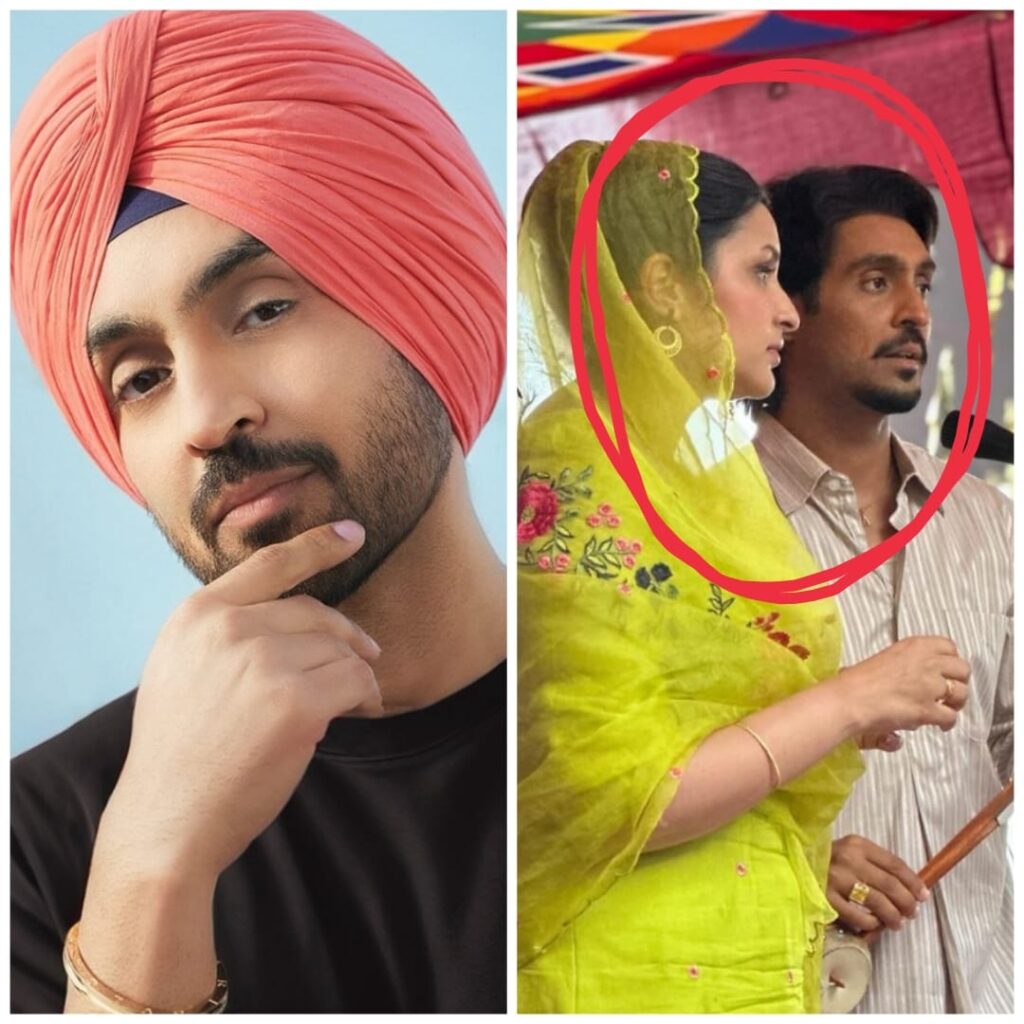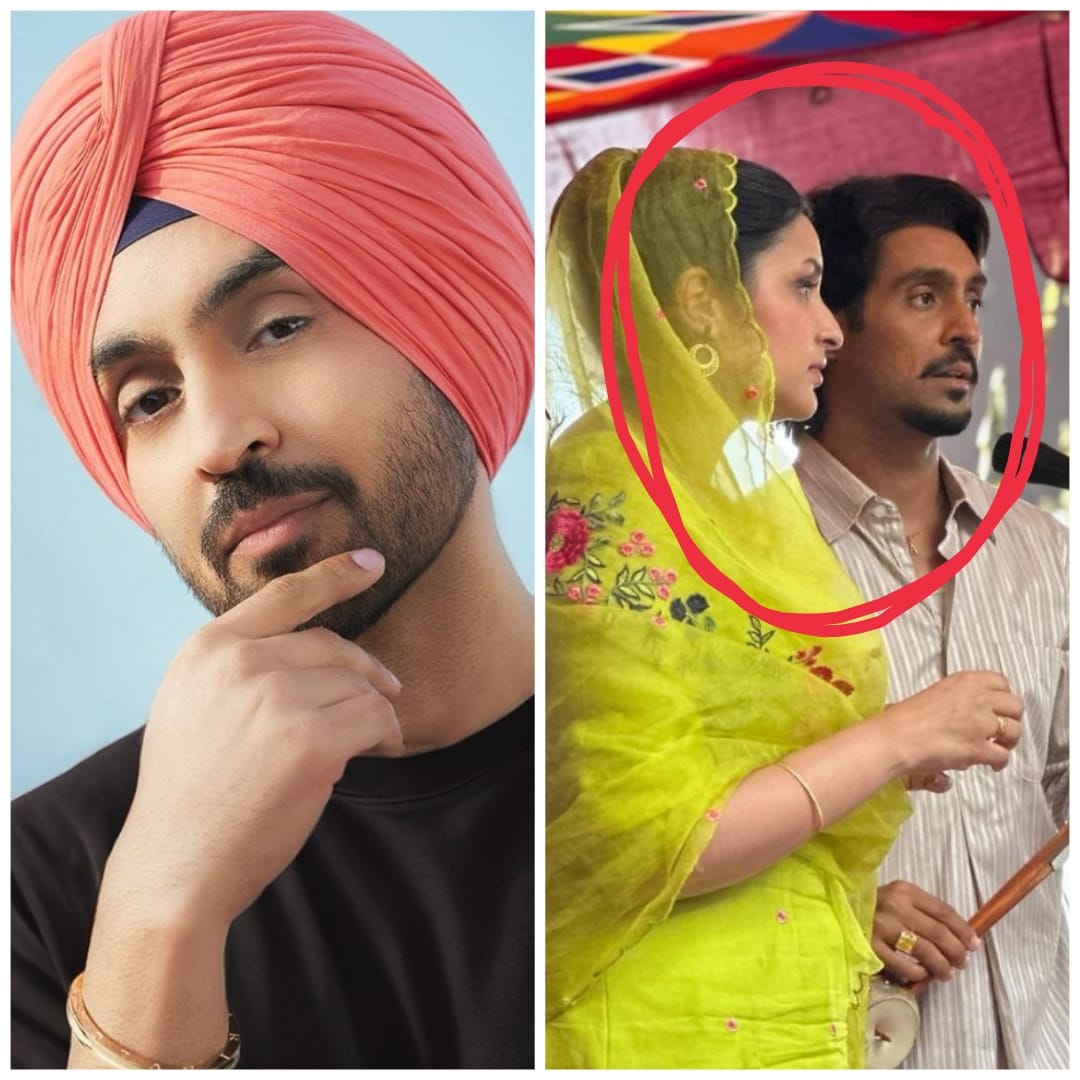In the 1980s, singer Amar Singh Chamkila — born Dhani Ram in a Dalit Sikh family in Punjab — gained notoriety and fame for his rough musicality and teasing lyrics. His record-setting songs obsessed over incest and illicit love, but were equally attuned to rural class disaffections in the toiling North. On March 8, 1988, while alighting from his car for a performance, he was gunned down by unidentified assailants in Mehsampur. His wife and singing partner, Amarjot, was also killed, as were two other members of his troupe. Multiple theories were floated, but with the state in the grip of a violent insurgency, the case went unsolved.

This haunting episode from Punjab’s checkered past has been mined for cinematic fodder before, most inventively in Kabir Singh Chowdhry’s absurdist docu-fiction Mehsampur (2018). Now Imtiaz Ali, co-writing with his brother, Sajid, takes a crack at Chamkila. Audiences au fait with the bare facts — and assorted gossip — of the singer’s life and death won’t be persuaded anew. Ali’s film does not clear mysteries or exorcise any ghosts. It’s a fairly straightforward reading of the Chamkila myth, more a vibrant celebration than a deep dive. Yet, even in its squareness, it manages to offer a peek into the artist’s interiority.
This happens considerably late in the film. Chamkila (Diljit Dosanjh) has sold out his Toronto show, during his overseas tour of ‘87. His oily impresario is grinning from ear to ear, telling him how, when Amitabh Bachchan performed at the same venue a few nights ago, they had to add 137 extra seats. In Chamkila’s case, he proudly adds, that number has exceeded a thousand. We expect Chamkila to cheer up at this achievement; he’s been, all his life, a devout Bachchan fan. Instead, his smile fades like the morning mist.
No real explanation is provided for his blues: a narrator dryly notes that artists are strange creatures, and that Chamkila’s dejection resembled something like a loss, as though his childhood had suddenly ended. This moment, buried deep in the noise and tumult of Chamkila’s extraordinary life, is the best in Ali’s film, even if it’s wholly fictitious. Far from supplying answers about the slain Punjabi singer, mythologised to breaking point in popular discourse, it asks a gentle question: how comfortable was Chamkila, improbably baptized the ‘Elvis of Punjab’, with his meteoric rise?

